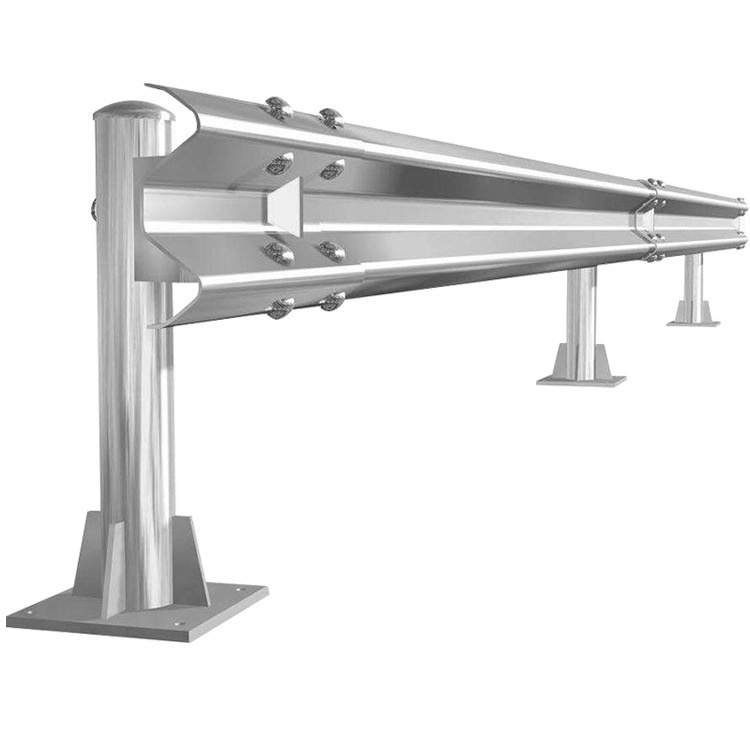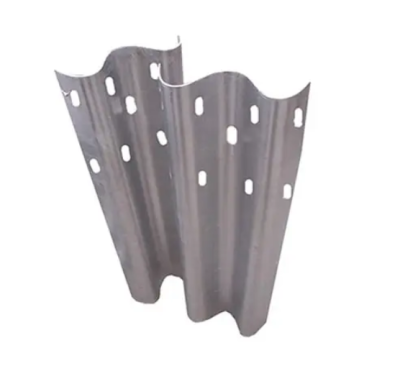New crash tests show that electric vehicles may be too heavy to withstand highway guardrails, raising safety concerns
Data from crash tests released by the University of Nebraska on Wednesday shows that electric vehicles, which typically weigh more than gasoline-powered cars due to the weight of batteries that are almost as much as a small gasoline car, can easily break through steel highway guardrails that are not designed to withstand the extra force, raising concerns about the nation's roadside safety system.

Due to the weight of the battery, electric vehicles usually weigh 20% to 50% more than gasoline vehicles and have a lower center of gravity. Due to these differences, the guardrails can hardly prevent electric vehicles from breaking through the obstacles typically made of steel.
Last fall, engineers at the Midwest Roadside Safety Facility in Nebraska watched as an electric pickup truck sped towards a guardrail installed on the edge of the facility's test site at the local municipal airport. The nearly 4-ton (3.6 metric ton) 2022 Rivian R1T broke through the metal guardrail with hardly any deceleration until it hit a concrete barrier a few yards away on the other side. Cody Stolle of the facility said, "We knew this would be an extremely demanding test of the roadside safety system." "The system is not designed to handle vehicles over 5,000 pounds."



